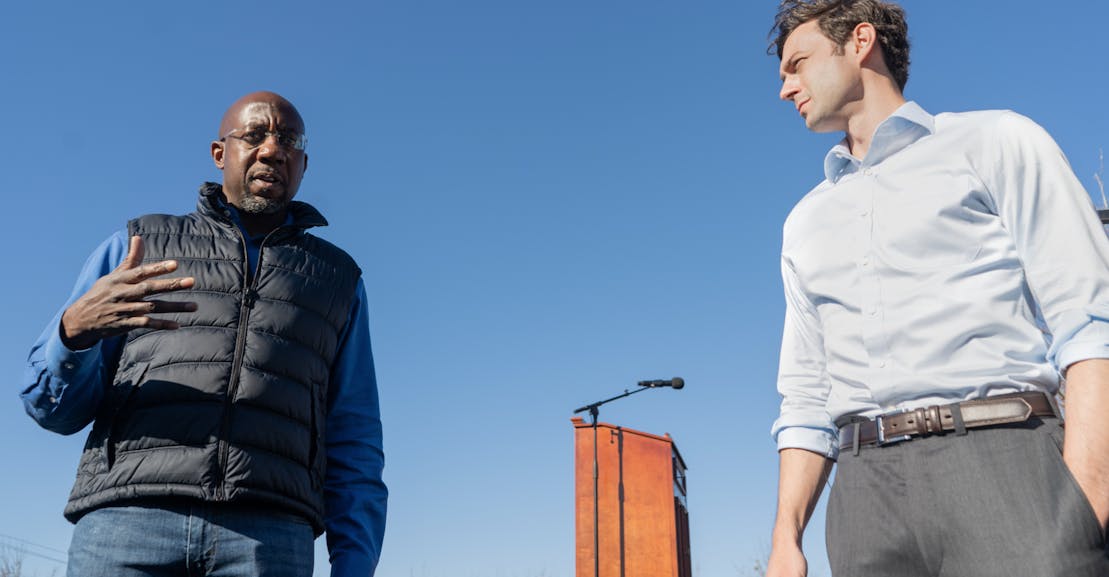Can Jon Ossoff and Raphael Warnock Make History? - 3 minutes read

Browne told me, “The reality is, I’m not surprised he’s doing this,” meaning, running for Senate. “The line from then to now is right there.”
While Warnock was in high school, he attended Upward Bound programs in the summer at Savannah State, a federally funded program that prepares children from low-income families for college. “That’s where he began to take shape,” said Otis Johnson, who spoke to Upward Bound students during those years and educated teenagers about the civil rights movement. Around the same time, Johnson also hosted a local radio program called “Message from the Grass Roots,” where activists and others talked about economic and social justice. For Warnock, Johnson represented “intellect and integrity, all committed to pulling folk up from the grassroots,” as he told a group of Savannah leaders
As teenagers in Savannah, Pastor Rouché recalls, “The mindset of most people was, get out of here, at least to Atlanta, which was more progressive and where there were many more successful African-Americans.” After earning an undergraduate degree from Morehouse College, Warnock pursued postgraduate work at Union Theological Seminary in New York and eventually became assistant pastor at Harlem’s Abyssinian Baptist Church—a post once held by Adam Clayton Powell, Jr., who went on to become the first Black member of Congress from New York. In 2005, Warnock was named as the fifth—and youngest—senior pastor in the 134-year history of Atlanta’s Ebenezer Baptist Church, where Martin Luther King, Jr. had also preached. “It was like every piece fit together for the next move,” Rouché said. “It was like, he’s making his mark.”
Once back in Georgia, Warnock would return to Savannah and preach as a guest at the church of one of his sisters, Reverend Joyce Hall. “The thing that was eye-opening, was to see him talk about the struggle,” Rouché said. “That Jesus was for people in the struggle. His ministry was there for the disenfranchised.” Warnock recommended a book to Rouché: The God of the Oppressed by James H. Cone. Deemed by some to be “the father of Black theology,” Cone’s central message is that liberation from oppression is the true message of the cross. Warnock, said Otis Johnson, “comes out of the school of Black theology. That’s why I enjoy his sermons.” The Ebenezer Baptist minister speaks to him as “a Matthew 25 Christian,” he added, referring to the notion of caring for those who are hungry, thirsty, sick, or in prison. “He would take his theology to the Senate.”
Source: The New Republic
Powered by NewsAPI.org